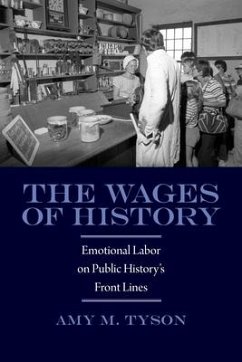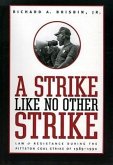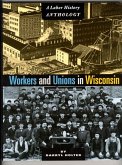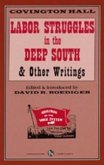Anyone who has encountered costumed workers at a living history museum may well have wondered what their jobs are like, churning butter or firing muskets while dressed in period clothing. In The Wages of History, Amy Tyson enters the world of the public history interpreters at Minnesota's Historic Fort Snelling to investigate how they understand their roles and experience their daily work. Drawing on archival research, personal interviews, and participant observation, she reframes the current discourse on history museums by analyzing interpreters as laborers within the larger service and knowledge economies. Although many who are drawn to such work initially see it as a privilege--an opportunity to connect with the public in meaningful ways through the medium of history--the realities of the job almost inevitably alter that view. Not only do interpreters make considerable sacrifices, both emotional and financial, in order to pursue their work, but their sense of special status can lead them to avoid confronting troubling conditions on the job, at times fueling tensions in the workplace. This case study also offers insights--many drawn from the author's seven years of working as an interpreter at Fort Snelling--into the way gendered roles and behaviors from the past play out among the workers, the importance of creative autonomy to historical interpreters, and the ways those on public history's front lines both resist and embrace the site's more difficult and painful histories relating to slavery and American Indian genocide.
Hinweis: Dieser Artikel kann nur an eine deutsche Lieferadresse ausgeliefert werden.
Hinweis: Dieser Artikel kann nur an eine deutsche Lieferadresse ausgeliefert werden.








